When Being Different Makes Us Powerful, a guest post by Jessica S. Olson
It was at a very young age that I realized I was different. I was born with strabismus, an eye condition that caused my left eye to point permanently toward my nose in a way that made it not only difficult to see, but difficult to socialize, even as a child. Two major eye surgeries later, my eye no longer stuck inward, but I was left with a condition called strabismic amblyopia, or, as society has not-so-lovingly nicknamed it, a “lazy eye.” There is no cure, no surgery that can fix it, no glasses that would make it better. I will be cross-eyed for life.
None of the children I went to school with directly came out and said “you’re worth less because you are different.” They didn’t have to. They showed me that’s what they thought by the way they avoided talking to me, went out of their way to not make eye contact with me, or even, at times, directly belittled me and called me offensive names.
ADVERTISEMENT
ADVERTISEMENT

I internalized it all. I became uncomfortable in social situations because I was afraid people would think I looked weird. I avoided driving in cars in high school with guys I liked because I couldn’t look at the driver from the passenger seat properly without my eye going the wrong direction. And when I was passed over for group outings or ostracized or called “Mad-Eye Moody,” I took it. I thought I somehow deserved to be treated that way because I had the gall to be different. As if I’d chosen it at all. As if it were my fault.

We walk through life, all of us, being told we need to blend in. Especially when we are teens, we are fed this message that if we aren’t the right weight, if we don’t have the right look, if we don’t wear the right makeup, there is something wrong with us. The growing influence of Instagram, TikTok, and other social media websites has only added fuel to the fire. Over and over, the world whispers that we need to filter who we are and what we look like to “fit in,” that we must be flawless to have worth, and that those of us who don’t fit the world’s definition of “perfect” cannot be valuable.
That’s not only a lie; it’s an incredibly damaging one. Anxiety and Depression in teens are at an all-time high. Teen suicide rates are at staggering rates as well. Yet we continue to allow our culture to perpetuate the myth that being different is wrong—when really, who hasn’t felt different or weird at some point in their lives? When we compare our worsts to other people’s Instagram highlights, we will always come up short, regardless of whether our eyes function in tandem or not.
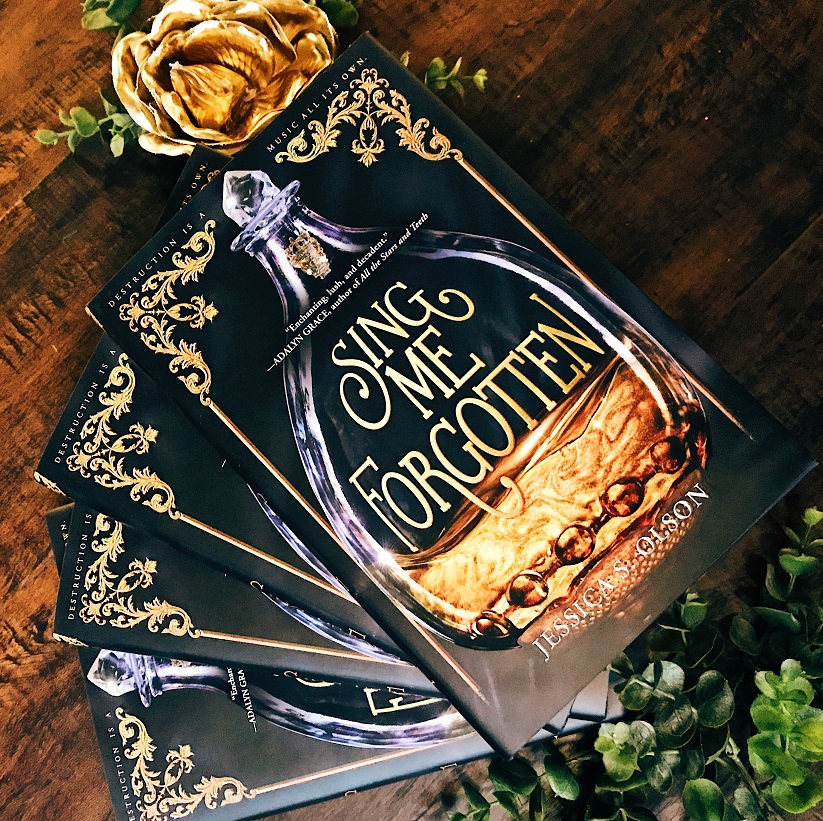
My debut novel, Sing Me Forgotten, tells a gender-swapped version of the Phantom of the Opera story from the Phantom’s perspective, and it explores how deeply damaging it is when society villainizes people for the ways they differ from what’s expected. It shows how dangerous it can be for everyone when a culture abuses someone to their breaking point. But not only did I hope to directly oppose the concept that different is bad with this story, I aimed to show that those who are told they are worth the least are often the most powerful of us all.
My phantom girl, Isda, is fierce and determined and brilliant, and what she looks like has no bearing on her value. But though she lives in a fantasy world of opulence and magic, she is still just a teen. One who has been forced into hiding by the many who have shunned and rejected her. One terrified of not living the life she dreams. One lonely and so desperately hoping she’ll find someone who’ll think she’s worth loving.
In many ways, she is me. She was written from pieces of my experience growing up. Her pain and her fear are as real as my own. And, sadly, her plight is not a unique one. Young people all over the world are being hurt, bullied, and broken down every day, and over and over they’re being told that they are worth less because they are different.
My hope is that there will be teens who will see society’s lies for what they are. That they will find in current YA stories the hope that they so desperately need. That they will comprehend how fundamentally important they are and how groundbreaking it is to love themselves even when the world refuses to. Because being different is not a crime. Being different does not decrease our value. The world only pushes us aside because it fears what it cannot understand, but that isn’t on us.
We are powerful because we are different. We understand more and we understand deeper because of the trials we have faced.
So let the world fear us, and then let us prove to it just how magical we are.
Meet the author

ADVERTISEMENT
ADVERTISEMENT
Jessica S. Olson claims New Hampshire as her home, but has somehow found herself in Texas, where she spends most of her time singing praises to the inventor of the air conditioner. When she’s not hiding from the heat, she’s corralling her three wild—but adorable—children, dreaming up stories about kissing and murder and magic, and eating peanut butter by the spoonful straight from the jar. She earned a bachelor’s in English with minors in editing and French, which essentially means she spent all of her university time reading and eating French pastries. Sing Me Forgotten is her debut novel.
Website: www.jessicasolson.com
Instagram: www.instagram.com/jessicaolson123
Twitter: www.twitter.com/jessicaolson123
TikTok: www.tiktok.com/@jessicaolson123
About Sing Me Forgotten
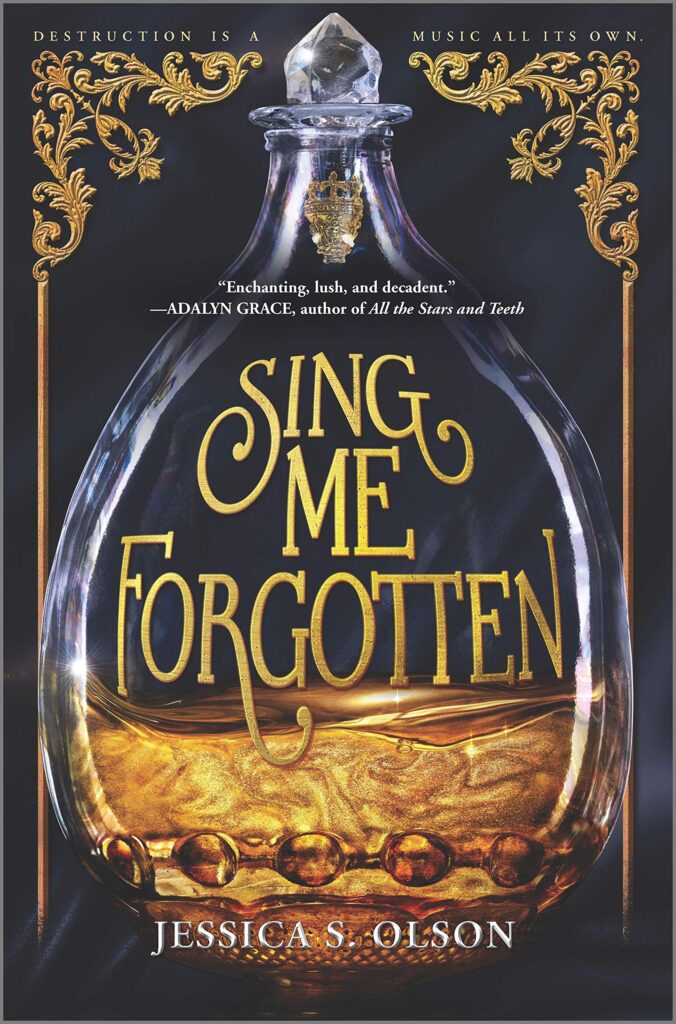
Isda does not exist. At least not beyond the opulent walls of the opera house.
Cast into a well at birth for being one of the magical few who can manipulate memories when people sing, she was saved by Cyril, the opera house’s owner. Since that day, he has given her sanctuary from the murderous world outside. All he asks in return is that she use her power to keep ticket sales high—and that she stay out of sight. For if anyone discovers she survived, Isda and Cyril would pay with their lives.
But Isda breaks Cyril’s cardinal rule when she meets Emeric Rodin, a charming boy who throws her quiet, solitary life out of balance. His voice is unlike any she’s ever heard, but the real shock comes when she finds in his memories hints of a way to finally break free of her gilded prison.
Haunted by this possibility, Isda spends more and more time with Emeric, searching for answers in his music and his past. But the price of freedom is steeper than Isda could ever know. For even as she struggles with her growing feelings for Emeric, she learns that in order to take charge of her own destiny, she must become the monster the world tried to drown in the first place.
ISBN-13: 9781335147943
Publisher: Inkyard Press
Publication date: 03/09/2021
Age Range: 12 – 17 Years
Filed under: Uncategorized
About Amanda MacGregor
Amanda MacGregor works in an elementary library, loves dogs, and can be found on Twitter @CiteSomething.
ADVERTISEMENT
ADVERTISEMENT
SLJ Blog Network
2024 Books from Pura Belpré Winners
Passover Postings! Chris Baron, Joshua S. Levy, and Naomi Milliner Discuss On All Other Nights
Winnie-The-Pooh | Review
Parsing Religion in Public Schools
ADVERTISEMENT



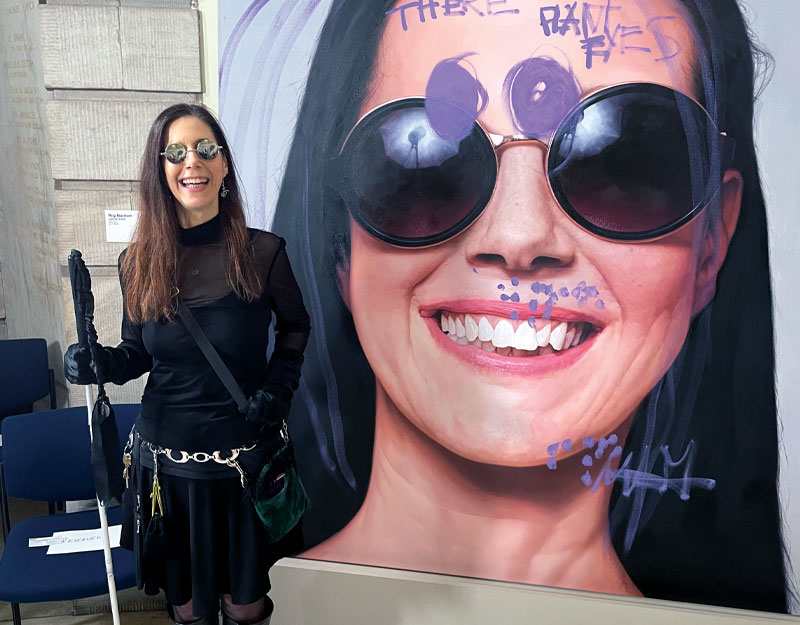

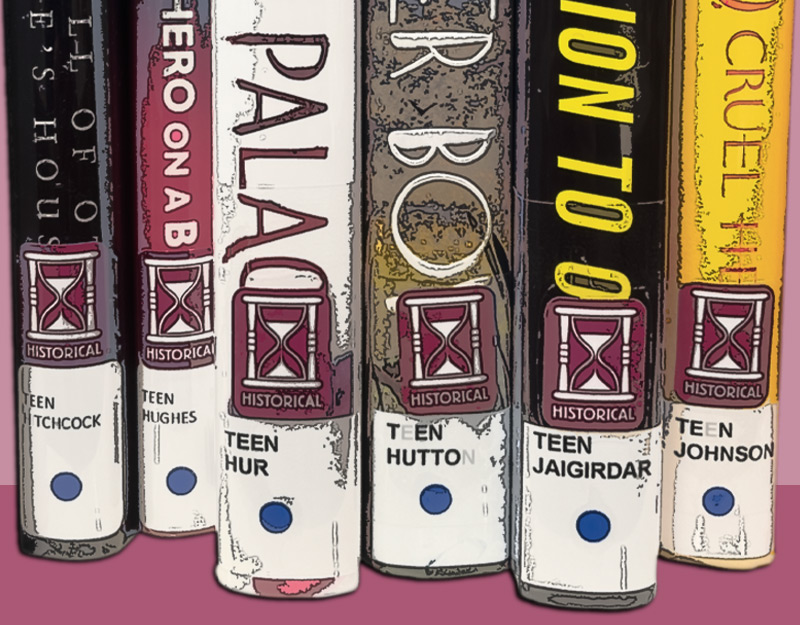
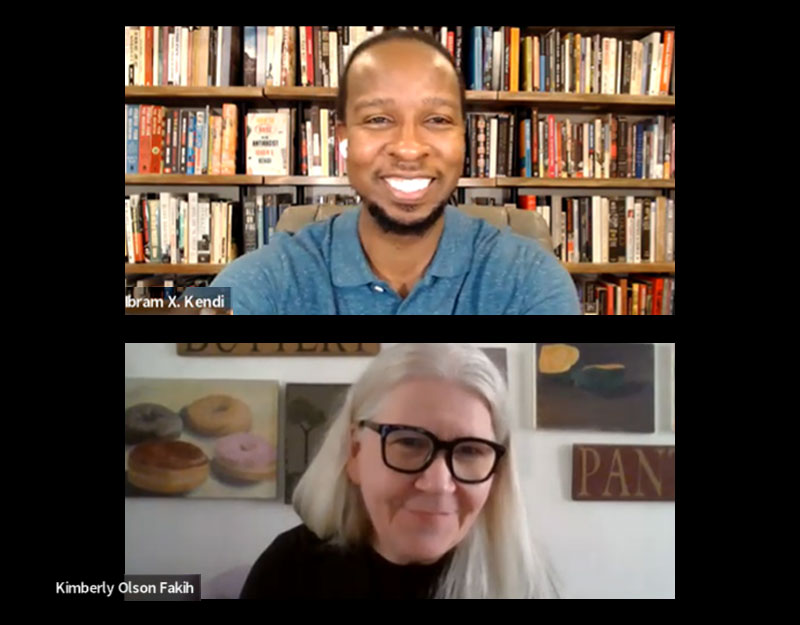
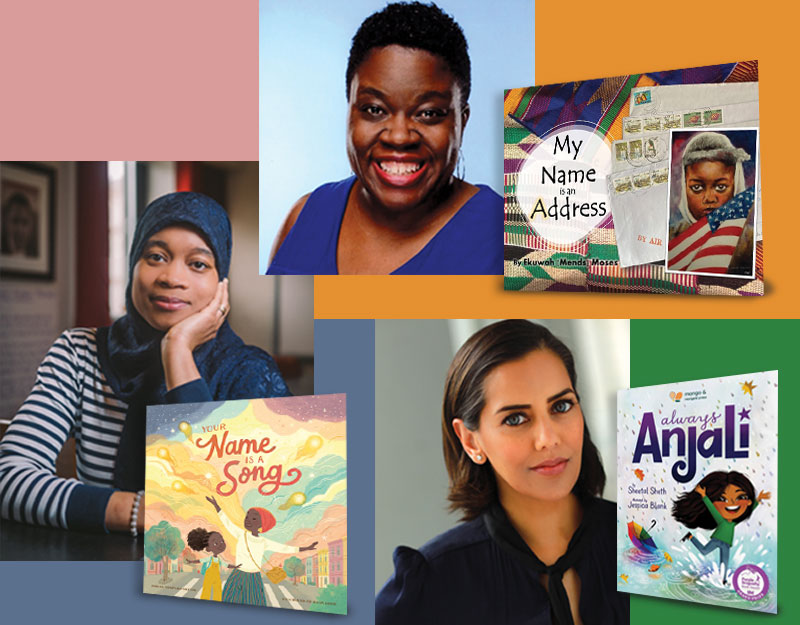
I too was born with strabismus and had many surgeries to correct it. However, it was still pretty bad into my twenties. I felt so self conscious about it my entire life, and the way other people treated me probably didn’t help. I hated how i looked in photos, and felt like wasn’t taken seriously in job interviews because i couldn’t make proper eye contact, i had to fake it. I finally had a really good surgery in my mid twenties, it’s almost perfect, just a tiny bit off. However, seeing others with this not often talked about condition always makes me feel less alone. I really appreciate the author’s candor about her strabismus and how it affected her as a teen.